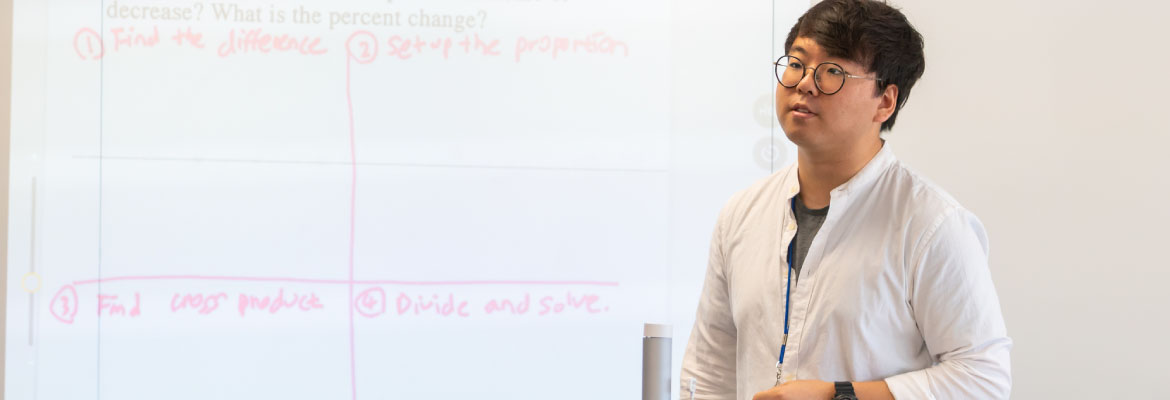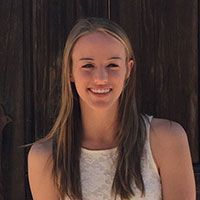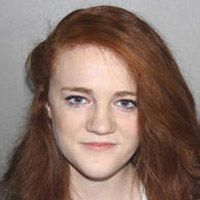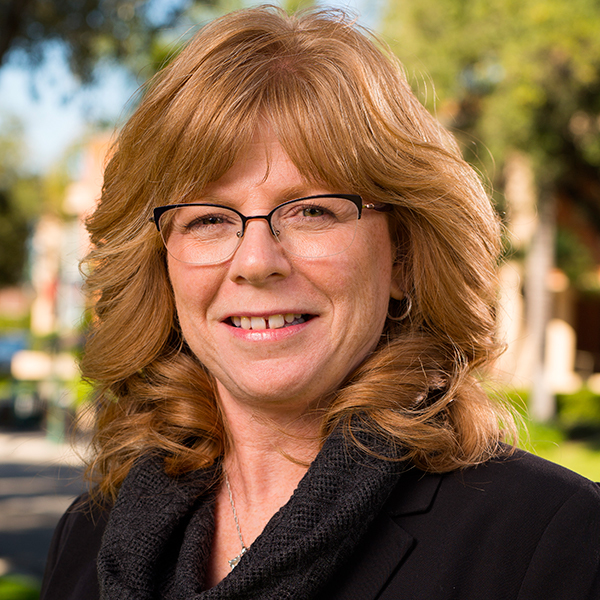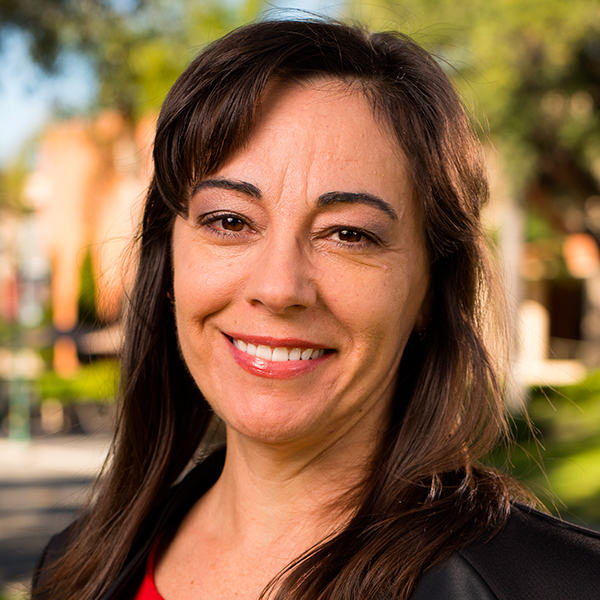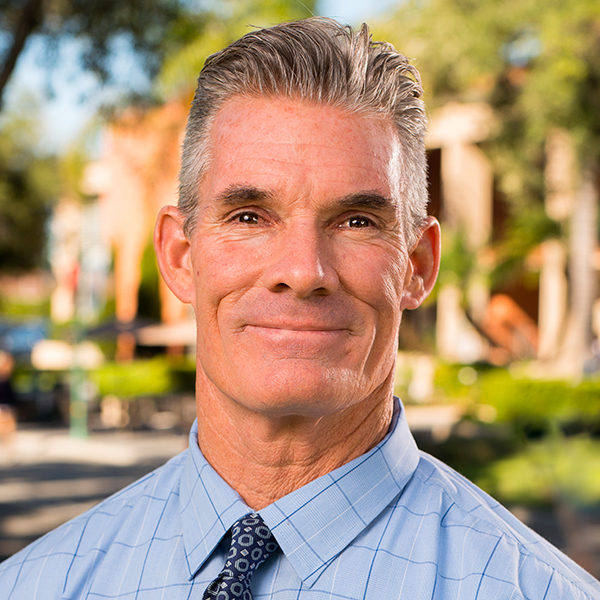B.A. in Liberal Studies, Elementary Education
As a liberal studies, elementary education major, you’ll be equipped with the academic foundation and practical skills you need to be an effective elementary school teacher. Biola's elementary education bachelor's degree is uniquely structured enabling you to complete the majority of the requirements for a California Multiple Subject Preliminary Teaching Credential as an undergraduate student as part of your coursework in completing your elementary education degree. The 12 credits you earn during student teaching can be applied towards the Master of Arts in Teaching or Master of Arts in Education, if completed after graduation.
In this major, you’ll have the opportunity to choose an academic concentration that will provide deeper training and knowledge to promote your future work as a teacher and educational leader in a specific subject.
- A biblically centered curriculum that teaches you how to integrate your faith into your teaching in practical ways.
- While earning your bachelor’s degree, you simultaneously work toward a California Multiple Subject Preliminary Teaching Credential, starting as early as your sophomore year in the liberal studies program. You can also receive your ACSI Teacher Certification while earning your California preliminary teaching credential by meeting additional requirements.
- Earn a California Child Development Permit by completing coursework within the Early Childhood concentration.
- Biola’s strong relationships with local schools in Southern California facilitate your ability to network with local educators and administrators across the area.
- Choose from over 80 countries in which to do half of your student teaching.
- Over 130 hours of fieldwork in diverse classrooms will prepare you to teach students from a broad range of cultural, linguistic and socioeconomic backgrounds.
- Complete a special education concentration toward earning a special educational credential at the graduate level.
Concentrations
- Biology
The biology concentration features coursework in biological science, with studies in topics such as environmental science, nutrition and marine biology.
- Early Childhood
The early childhood concentration includes coursework in early childhood curriculum, child development, classroom management and assessment of young children, and can lead to earning a Child Development Permit.
- English
The English concentration includes coursework in grammar, composition, creative writing and classic literature.
- Health and Exercise
The health and exercise concentration includes coursework in kinesiology, including public health, health promotion and enhancement, psychology in exercise and health, and leadership in exercise, sports, and fitness.
- History
The history concentration features coursework in American government, history from the colonial period to the present day and global history.
- Human Development
The human development concentration includes psychology courses in areas such as human sexuality, marriage and family and cross-cultural issues.
- Mathematics
The mathematics concentration includes coursework in areas such as calculus, linear algebra, probability, statistics and number theory.
- SociologyThe sociology concentration includes coursework in areas such as social problems, American culture and values, sociology of disabilities and social inequality.
- Spanish
The Spanish concentration offers a track for second language learners and for heritage learners. Courses cover Spanish language and culture, conversation and composition, and Spanish applied linguistics and pedagogy. The Bilingual Education in Spanish track can lead to a bilingual Spanish teaching authorization.
- Special Education
The special education concentration is composed of coursework on topics such as teaching students with mild to moderate disabilities in inclusive settings, autism spectrum disorders and classroom management for students with special needs. Students can receive a Special Education Certificate and apply this coursework toward a Special Education (Mild/Moderate) Credential at the graduate level.
- Visual Arts
The visual arts concentration includes coursework in such artistic disciplines as drawing, 2D and 3D design, sculpture, ceramics, painting and photography.
